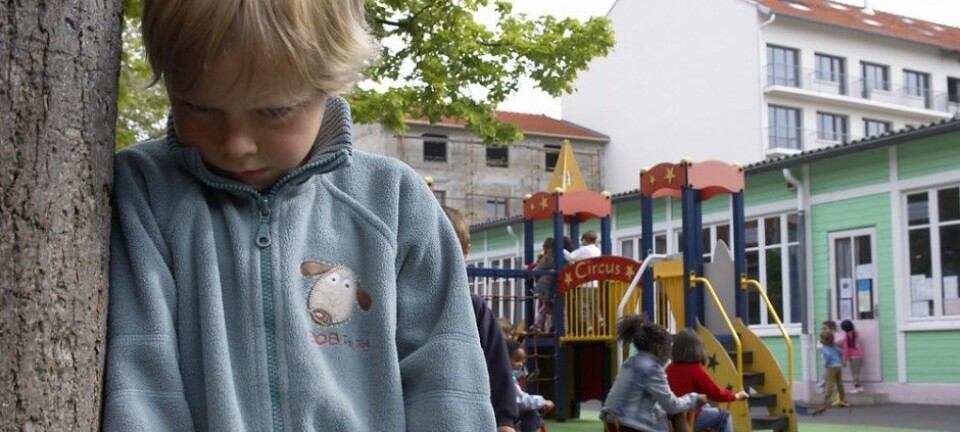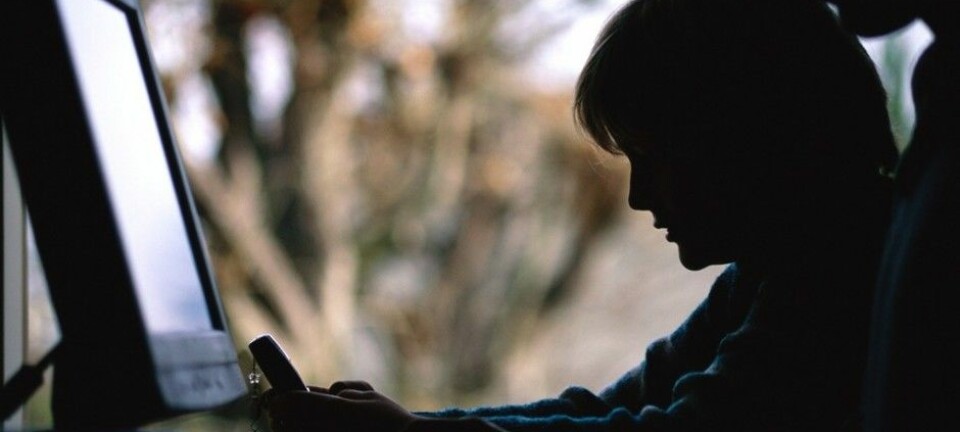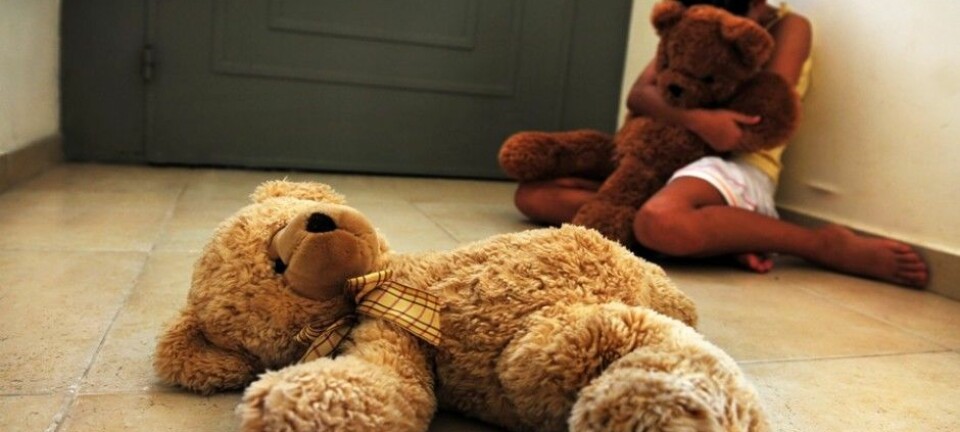
Is it possible to treat men who beat their partners?
Many men drop out when they seek therapeutic help for their violent tendencies. One researcher wanted to know why.
What’s the difference between success and failure when it comes to offering help to people who are violent towards their family and loved ones?
Bente Lømo works at the Norwegian non-profit Alternative to Violence (ATV), which provides treatment and professional expertise on violence, with a particular focus on domestic violence. The group accepts both men and women who have problems with violence.
As a psychologist, Lømo decided to see if she could learn more about what characterizes successful therapy compared to situations where the client stops the therapy prematurely.
She decided to study recordings of selected sessions for 20 different cases. Her goal was to find out what was happening in the interaction between the men in treatment and their therapist.

Most of the men in question had been physically violent to their partner. Some have used psychological violence. In some cases, children have also been victims of the father's anger.
Ten men gave up
All the therapists involved in her study were trained as psychologists and have relatively long experience working with problems related to violence. Nevertheless, their therapy was not always successful.
In ten of the cases Lømo studied, the men dropped out of treatment early, without giving any particular reason.
Ten others completed the treatment. They subsequently reported that they were no longer violent.
A perception that something is wrong with the partner
Men who beat their partner often find that something she does or says triggers his irritation and leads to violence.
Therapy should be able help the man address the vulnerable and difficult part inside him that triggers his anger.
The men in the study initially volunteered for treatment from ATV. Nevertheless, others may have also demanded that they seek help.
Varied motivation
“There’s a lot of variation in how motivated a client is to change,” Lømo says.
Some men deny that they have a problem with violence. They feel pressured by their partner or by child protective services to go for treatment. One man said, for example, "I'm coming because my wife wants me to, but I really don’t need help.”
Others realize that what they do isn’t good, but they explain away the problem like this: "It's not good to be violent, but there are limits on what a man can tolerate."
The strongest motivation for personal change was in men who said they easily experience what a partner is doing as a negative. But they also understood that there was something about their way of thinking that needed to be changed.
Impatient therapists push too hard
Lømo wanted to examine what characterized sessions for men who completed their therapy compared to those who dropped out.
She discovered that it was not just about the client's motivation. The psychologist’s role was equally important in creating a partnership with the client.
In cases where the therapy was not so successful, she saw that the therapist was too assertive. They impatiently tried to push the client in the right direction.
The therapist might ask leading questions like: "Do you wish you had done things differently in that situation?"
“Most often the client affirmed what the therapist said, but didn’t examine himself or the situation further. It looked as if they had a common goal for the therapy, but didn’t manage to reach it together,” she said.
When the therapy was successful, she saw that the therapist was more inquisitive: How did he think and feel in the situation? What was at stake for him? And how did he perceive his partner?
These questions about the client's personal experiences seemed to help him become more curious about himself.
Problems and childhood violence
Lømo says that violence towards partners and loved ones always reflects a personal problem that causes the man to easily feel attacked. That’s why it’s important for the man to have a chance to work on this himself, she sad.
A 2014 survey showed that six out of ten men who had applied for help from ATV reported that they themselves had been exposed to or raised in a home where there was domestic violence.
“The community should take joint responsibility for violence in domestic relationships. If other adults had done something to stop the violence and to look after these men when they were children, many could be helped before they themselves became violent,” said Ingunn Rangul Askeland, a psychologist and a researcher at the Norwegian Centre for Violence and Traumatic Stress Studies.
-------------------------------------
Read the Norwegian version of this article at forskning.no.




































